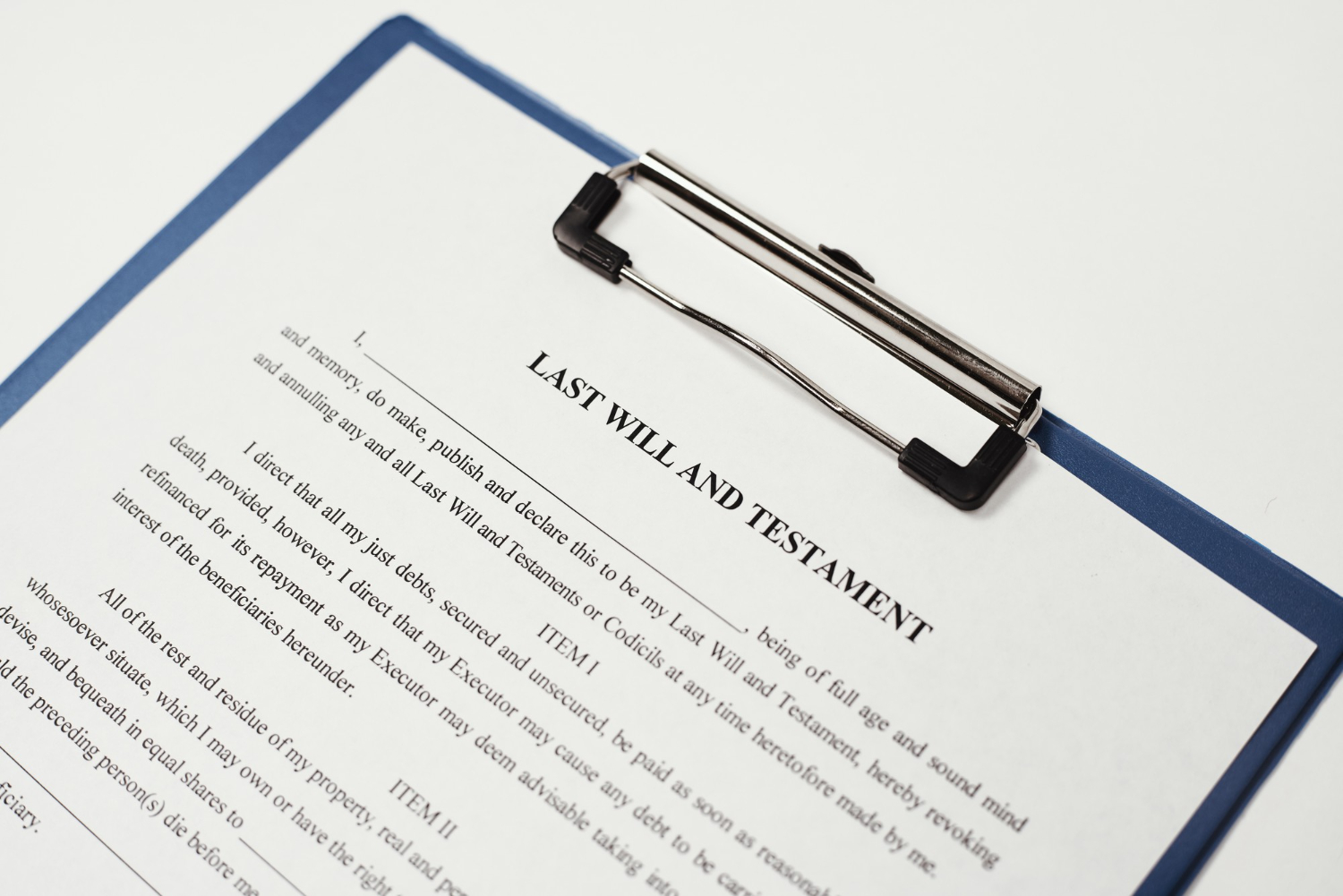Navigating Real Estate in Israel: The Role of Your Lawyer
Real estate transactions are often complex and require numerous legal processes and documentation. A skilled Israeli real estate lawyer will ensure the legality of the trade and protect your interests.
Here are six things your Israeli real estate lawyer should do for you.
1. Reviewing and Drafting Contracts
The first thing your Israeli real estate lawyer should do for you is review and draft contracts. Real estate transactions involve numerous documents, including purchase agreements, lease agreements, and mortgages.
When reviewing contracts, your lawyer should ensure they contain all the necessary terms, such as the purchase price, closing date, and contingencies. They should also check for vague or ambiguous language that could lead to future disputes.
2. Conducting Due Diligence
Due diligence is investigating the property and verifying its legal status before completing a transaction. Your Israeli real estate lawyer should conduct due diligence on the property you intend to purchase or lease.
During the due diligence process, your lawyer should also survey the property to ensure it is in good condition and free of any defects or hazards. If necessary, they should arrange for property inspections, such as a structural inspection or environmental assessment.
3. Negotiating Terms
Real estate transactions involve negotiations between buyers, sellers, and their respective lawyers. Your Israeli real estate lawyer should negotiate favorable terms on your behalf. This includes negotiating the purchase price, lease terms, and other transaction conditions.
When negotiating lease terms, your lawyer should ensure the lease is fair and equitable for both parties. They should also consider potential lease changes, such as rent escalation or termination clauses.
4. Representing You in Court
Sometimes, real estate transactions may not go as planned, and disputes may arise. Your Israeli real estate lawyer should represent you in court if necessary.
If a dispute arises, your lawyer should try to resolve it through negotiation or alternative dispute resolution methods, such as mediation or arbitration. If these methods fail, your lawyer should be prepared to represent you in court.
5. Handling Closing Procedures
Closing is the final step in a real estate transaction. It involves the transfer of ownership or possession of the property to the buyer or lessee. Your Israeli real estate lawyer should handle all closing procedures, including preparing the necessary documents, coordinating with the other party’s lawyer, and ensuring all legal requirements are met.
During the closing process, your lawyer should ensure that all documents are signed and notarized and that all funds are transferred to the appropriate parties. They should also ensure that all necessary permits and certificates are obtained, such as a certificate of occupancy or title.
6. Resolving Disputes
Even after a real estate transaction is completed, disputes may arise between the parties. Your Israeli real estate lawyer should be available to resolve any possible conflicts.
Your lawyer should have strong negotiation skills and be able to find creative solutions to disputes. They should also be able to advise you on the best course of action, whether to settle the dispute or pursue legal action.
Conclusion
Your lawyer should review and draft contracts, conduct due diligence, negotiate terms, represent you in court, handle closing procedures, and resolve disputes. By hiring a competent lawyer, you can ensure a smooth and successful real estate transaction.
If you need a skilled real estate lawyer in Israel, Eli Shimony, an Israeli Law Firm, is here to help. Our team of experienced lawyers provides clear and accessible consultation, legal guidance, and litigation in Israel. Contact us today!
Eli Shimony – Israeli law firm represents clients on all legal matters in Israel. For any questions please contact us and we will be happy to assist.
By email: [email protected], By phone: +972-52-2769773, +972-3-5507155.
The above is only general information and does not replace legal advice which is usually necessary before taking legal proceedings.












